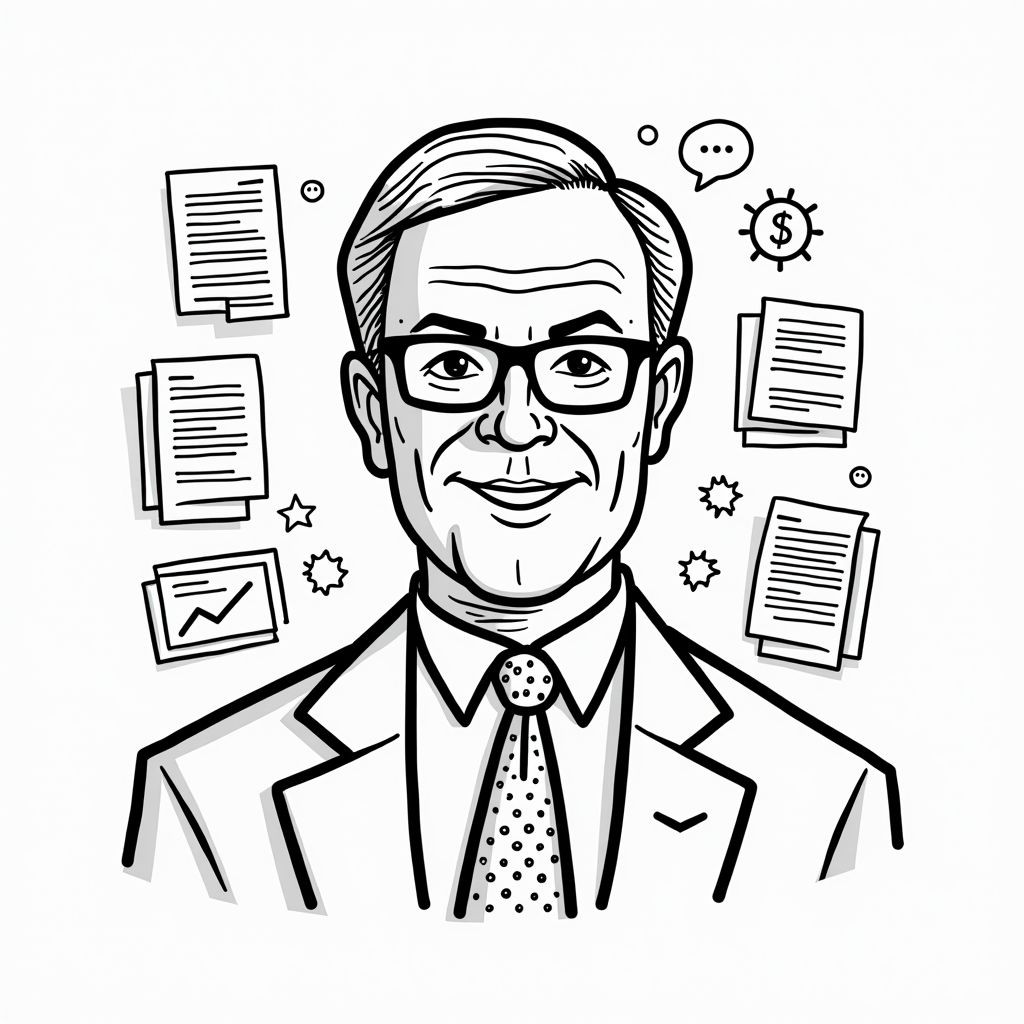Treasury Secretary Denies Trump's Tariffs Caused Inflation Spike

Washington D.C., Monday, 24 November 2025.
Treasury Secretary Scott Bessent clarifies that service sector dynamics, not Trump’s tariffs, are driving current inflation, aiming to shift economic policy discussions.
Understanding the Current Inflation Dynamics
In a recent appearance on NBC’s ‘Meet the Press’, Treasury Secretary Scott Bessent asserted that the rising inflation rates in the United States are primarily driven by the service sector, rather than the tariffs imposed during President Donald Trump’s administration. This statement comes at a time when inflation has been a significant concern, with the consumer price index (CPI) showing a 3% increase in September 2025 compared to the previous year [1]. Bessent emphasized that while imported goods have seen stable prices, the service economy has been the main contributor to inflationary pressures.
Impact of Tariff Adjustments on the Economy
Despite the rollback of tariffs on over 200 food products by the current administration, the expected relief in consumer prices may not be immediate. This delay is attributed to existing inventories purchased under higher tariffs, which need to be sold before consumers can benefit from reduced prices [2]. Experts like Jerome Powell, Federal Reserve Chair, have noted that the full impact of tariff-induced inflation will take time to materialize [2]. The administration’s decision to reduce tariffs was partly in response to public outcry over high grocery prices, yet the complexity of supply chains means that any price adjustments will take time to filter through to consumers.
The Broader Economic Picture
The economic environment remains challenging, with ongoing debates about the effects of trade policies and inflation. The rollback of tariffs, announced by Trump on November 14, 2025, is part of a broader strategy to address affordability issues following significant Republican losses in recent elections [1]. However, analysts like Mark Zandi warn that the affordability crisis is likely to persist, driven by a combination of tariffs and immigration policies [3]. Inflation, which hit a peak of 9% in 2022, has been a recurring theme in economic discussions, with predictions suggesting it could rise to nearly 3.5% in the coming year [3].
Future Economic Strategies and Projections
Looking forward, the administration’s economic strategy includes leveraging trade deals and lower energy prices to mitigate inflationary pressures. Bessent expressed optimism for a strong non-inflationary growth economy by 2026, highlighting the potential benefits of the One Big Beautiful Bill Act, which aims to lower taxes next year [3]. Despite these positive outlooks, the complexity of global trade dynamics and domestic economic policies ensures that economic challenges remain. The administration continues to navigate these issues, balancing immediate consumer needs with long-term economic goals.